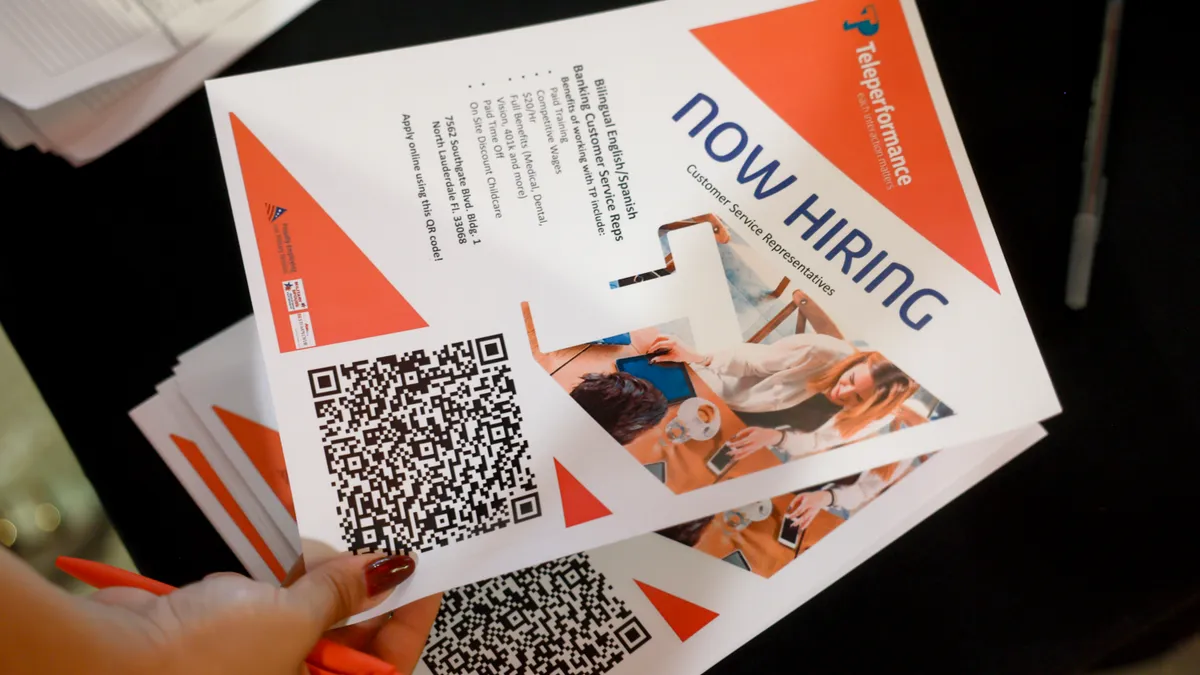More than two-thirds of employees — 68% — believe they’re underpaid, even when their compensation is considered to be at or above fair market rates, according to a June 17 report from Payscale.
Employees who think they’re paid unfairly are 45% more likely to look for a new job, regardless of their actual compensation, Payscale found. However, those who work for companies with high levels of pay transparency are 59% less likely to leave.
“Pay misinformation and ineffective communication are undermining employer efforts to build trust among employees. This pay perception gap poses a real threat to retaining high performers,” said Ruth Thomas, chief compensation strategist at Payscale.
“While more employees are covered by pay transparency laws than ever before, compliance alone is not enough,” Thomas said. “Employers must build transparent compensation strategies rooted in data so they can communicate with confidence, consistency and clarity to help employees understand what fair pay looks like for their role and prevent regrettable attrition.”
The perception gap has grown since 2021, when 51% of employees who earned at or above market rates felt underpaid. Although pay transparency has improved and salaries have grown since then, employee misperceptions have increased, Payscale found.
In a survey of more than 325,000 respondents, 32% of those who reported being paid unfairly actually earned below market rates. Among those paid above market, 47% believed they were underpaid.
Among job seekers, 65% expressed poor perception of their current pay, which highlights the critical role that fair pay perceptions play in retention, Payscale reported.
“Even when pay is fair, many employees don’t believe it because perceptions around fair compensation are deeply subjective,” said Lexi Clarke, chief people officer at Payscale. “The goal is for employees to not only understand whys behind how their pay is calculated, but ideally how they can increase their compensation and grow within the organization, helping support long-term retention and prevent top talent from walking out the door.”
The problem may be greater among younger workers. Class of 2025 graduates are experiencing a disconnect between their job expectations and reality during their job search, according to a ZipRecruiter report. While soon-to-be graduates said they expected to make six figures, the average starting salary was closer to $68,400.
Most HR professionals expect pay transparency and pay equity to increase or remain steady in companies’ branding strategies, according to HR Dive’s 2025 Identity of HR survey. As new legislation rolls out, companies will be expected to disclose pay and benefits information as standard business practice, experts told HR Dive.
At the same time, 2025 could be “a year of contention” for pay transparency, as employers tighten budgets and employees advocate for more, according to another Payscale report. Listening to employees and leading with fairness can provide a competitive advantage, Payscale’s Clarke said.















